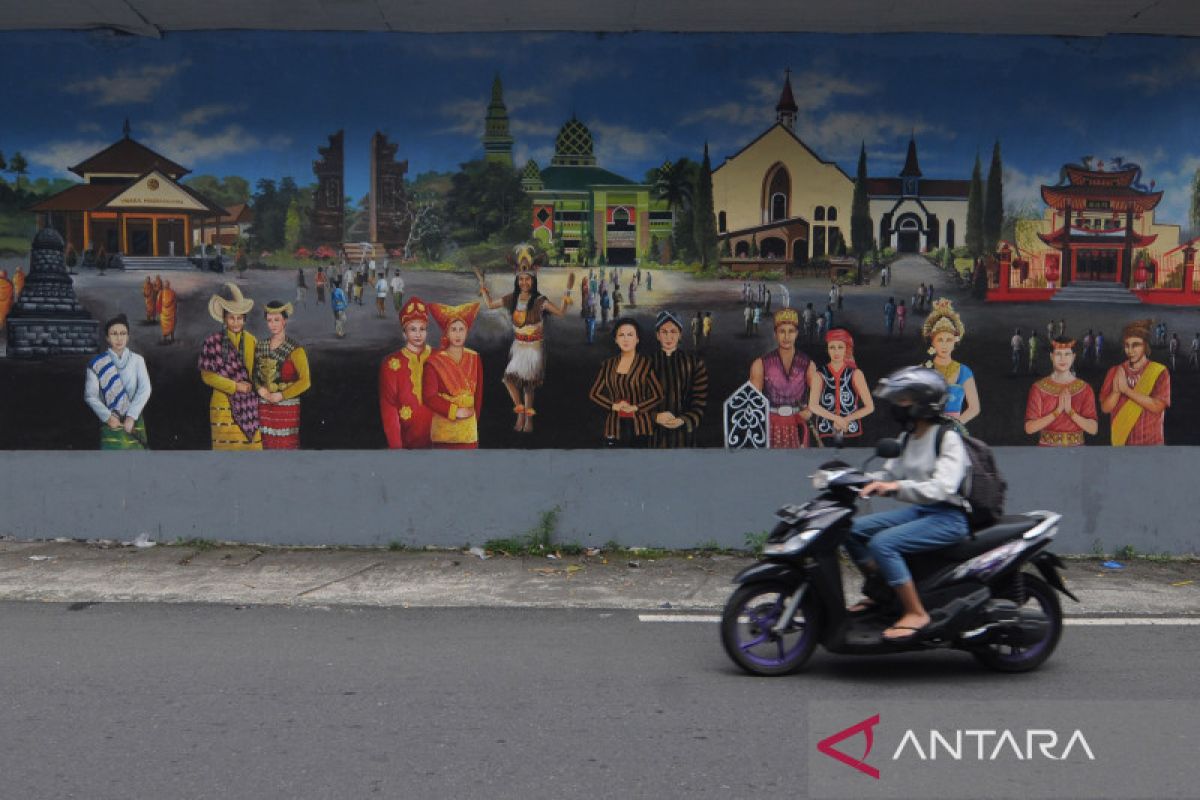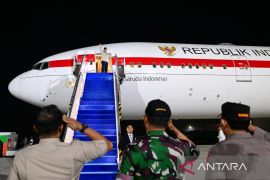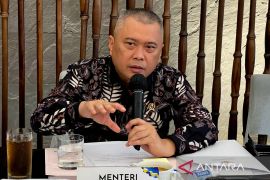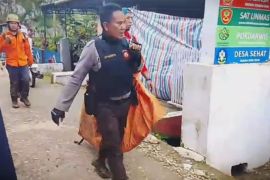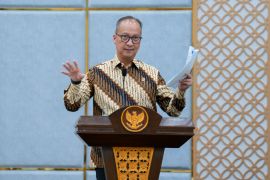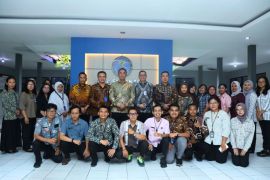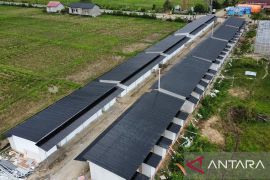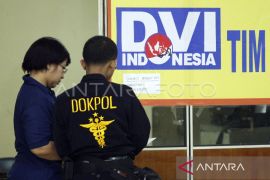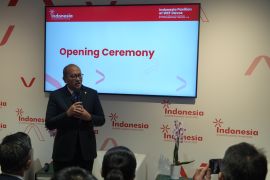According to Ministry of Home Affairs official Drajata Wisnu Setyawan, Indonesia was born as a multicultural and plural nation.
The nation, by implementing the Pancasila democracy, allows space for differences in opinion, he noted.
These differences enrich the nation's perspectives and insights and spur Indonesians to obtain the best answers to the problems that they encounter together.
However, with the passage of time, the nation’s diversity has also created numerous challenges.
Researcher from Setara Institute, Iif Fikriyati Ihsani, said that research conducted by her group on the tolerant city index found that Indonesian cities have two features: they may be heterogeneous, or made up of a variety of ethnic and religious groups, or they may be homogeneous, with majority and minority groups residing in them.
Each of these regions faces challenges that arise when Indonesians start to move away from their cultural roots.
For instance, one can consider a person of Javanese descent who marries someone from Sulawesi, Ihsani said. If the couple decides to reside in a new region, this could potentially lead to their descendants moving away from their local cultures.
This is despite the fact that diversity and unity in Indonesia exist due to the preservation of local values within the nation.
People’s move away from their cultural roots can be exacerbated by globalization, which causes a blending of cultural identities. From this perspective, Indonesia is facing the task of incorporating changing personal identities into a new national identity.
This new identity has to be facilitated by the government. The government has to engineer every aspect of society in order to restore the nation's core identity as a diverse nation.
This is to ensure that those who have these new identities can be united to become a part of Indonesia.
Inclusive governance
One of the strategies offered by Setara Institute to the government, especially regional governments, to unite diverse groups within the nation is inclusive governance.
This suggestion was echoed by the control and evaluation deputy at the Pancasila Ideology Development Agency (BPIP), Rima Agristina.
Inclusive governance is necessary for contemporary society, especially given the existing challenges, she opined.
Inclusive government can nurture diversity in Indonesia, she said.
Setara Institute defines inclusive governance as governance that supports equality, participation, tolerance, respect, and connection among various groups, Ihsani noted.
Such governance also has a variety of strengths that arise from the differences between ethnic, religious, cultural, and gender groups while also empowering marginalized groups.
There are several conceptual foundations that have made inclusive governance necessary for Indonesia, she noted.
In addition to its identity as a diverse, but united nation, Indonesia has also chosen to be a democratic nation.
In light of this, inclusive governance is important because it is part of the variables for guiding and realizing social harmony and inclusion in democratic living.
Next, the government is also pursuing an agenda for sustainable development by 2030.
This agenda envisages changes toward sustainable development based on human rights and equality in order to realize social, economical, and environmental development.
Based on these three foundations, Setara Institute has deemed regional governments as the most dominant variable for building tolerance, harmony, and peace in a diverse society.
Hence, they need to implement inclusive governance.
The operational scope of inclusive governance comprises the stages of planning, execution, and monitoring, Ihsani noted.
The three stages can serve as integrated steps for the government for supporting equality, people's participation, tolerance, harmony, and national values.
Governance framework
In practice, the management and framework of inclusive governance must be oriented toward the people.
This means that regional governments must help the people become tolerant and accept diversity by building collective values and a universal language.
Inclusive governance produces people with collective experience, feeling, condition, and need.
When regional governments do not manage it, it would result in a condition in which individual identity enters a group, thus creating a group identity.
Next, regional governments, in implementing inclusive governance, must provide a public space in the form of a dialogue forum where different groups can share their interests, experiences, feelings, and conditions.
This can help foster stronger feelings of diversity and nationality among people.
Setara Institute has also highlighted four areas that can be managed through inclusive governance by regional governments.
First, regional governments can design regional mid-term development plans (RPJMD), which must include budget planning for efforts to mainstream harmony and nationality.
Second, regional governments' inclusive policies must be directed at maintaining the values of civic nationalism in communities.
Third, regional governments must strengthen the role of the regional governmental apparatus organizations (OPDs) and public order apparatus.
Ihsani said that OPDs play a part in connecting various types of communities, whether the majority, minority, or the marginalized.
Fourth, civil society organizations must be strengthened by regional governments based on the values of harmony, diversity, and nationality.
These organizations must work with OPDs so that they can grow together to build inclusive public spaces and governance.
In the execution of inclusive governance, there are several targets that regional governments must aim for.
They can build harmony and nationality by protecting the freedom of religion and beliefs, strengthening nationality, preserving diversity, and advancing tolerance.
They can also aim to encourage public participation, namely the involvement of various ethnic, religious, cultural, and marginalized groups, in addition to prioritizing gender mainstreaming and child protection.
They can make public spaces available to connect different components of the society and create a civilian forum based on diversity.
Through inclusive governance, regional governments can bring all elements of society to uphold human rights.
Success factors
Setara Institute has identified several factors for measuring the success of inclusive governance.
The first involves RPJMD. Inclusive governance implementation can be considered as successful in maintaining tolerance, harmony, and diversity if two percent of the total RPJMD budget is allocated for inclusive activities.
The second factor relates to policies. Crucial to the successful implementation of inclusive governance are inclusive policies, such as allowing the freedom to pray.
The third factor concerns OPD. Inclusive governance can be considered successful if the government sets up OPDs that are responsible for the execution of inclusive programs.
Last, the success of inclusive governance can be gauged from the level of participation from civil society organizations in inclusive programs launched by the government.
Related news: Religious denominations in Indonesia granted equal protection: Mahfud
Related news: Research shows Indonesia has high tolerance: BKKBN head
Editor: Rahmad Nasution
Copyright © ANTARA 2022
